Bosnian film Sevap/Mitzvah spotlights Muslim-Jewish harmony
A film showing how Sarajevo’s Muslims and Jews saved each other in wartime has premiered in the Bosnian capital this week, highlighting the potential for inter-religious harmony despite renewed global polarisation over the Gaza war.
The short film Sevap/Mitzvah (A Good Deed) by US-based director Sabina Vajraca tells the true story of a Muslim woman who hid a Jewish family at their home and helped them escape Nazi-occupied Sarajevo in the 1940s.
Fifty years later, Zejneba Hardaga — the first Muslim woman recognised as “Righteous Among Nations” by the Israeli Holocaust museum for risking her life to save Jews — was herself rescued from the besieged Bosnian capital by a Jewish family.
“This is a story about neighbourliness, about Muslim-Jewish friendship, about what is the essence of Bosnia and Herzegovina and Sarajevo,” said Vladimir Andrle, president of the Sarajevo-based Jewish charity La Benevolencija.
Bosnia-born Vajraca said the inspiration for the film came from seeing how divided Muslims and Jews were in the US, in contrast to Bosnia.
“Very rarely one can find in present America a Jew and a Muslim who feel safe being next to each other and all synagogues and mosques are put under police protection,” she told Reuters after the premiere in the renovated building of the former National Library which was burned down in wartime.
The film projection was organised for a limited group of guests from the Muslim and Jewish communities and journalists.
Majority Muslim city
Most citizens of Sarajevo are Muslim and feel strong empathy for Palestinians in Gaza, given the death and destruction their city suffered too during the 1992-1995 siege by Bosnian Serbs.
Andrle said there had been some social media threats against the Jewish community after the October 7 Hamas attack on Israel, but more solidarity than antipathy.
“If one threatened me, five defended me,” he said.
During World War Two and Bosnia’s 1992-1995 war, Muslim historians saved the Sarajevo Haggadah, the 14th-century Jewish book of Passover rites which found home in the city from Spain. It has become a symbol of religious co-existence in Bosnia.
Earlier this year, the leader of Bosnia’s Islamic community and a former leader of the World Jewish Congress signed the Jewish-Muslim Initiative for Peace, setting up principles for cooperation in times of crisis.
“We must not and we cannot take anything for granted. We can’t think that these values can be maintained without our efforts,” said Muhamed Jusic, a top official in the regional Islamic communities’ organisation Riyasat.
“As much as evil people try to destroy the values, so must good people make the same effort to keep them.”






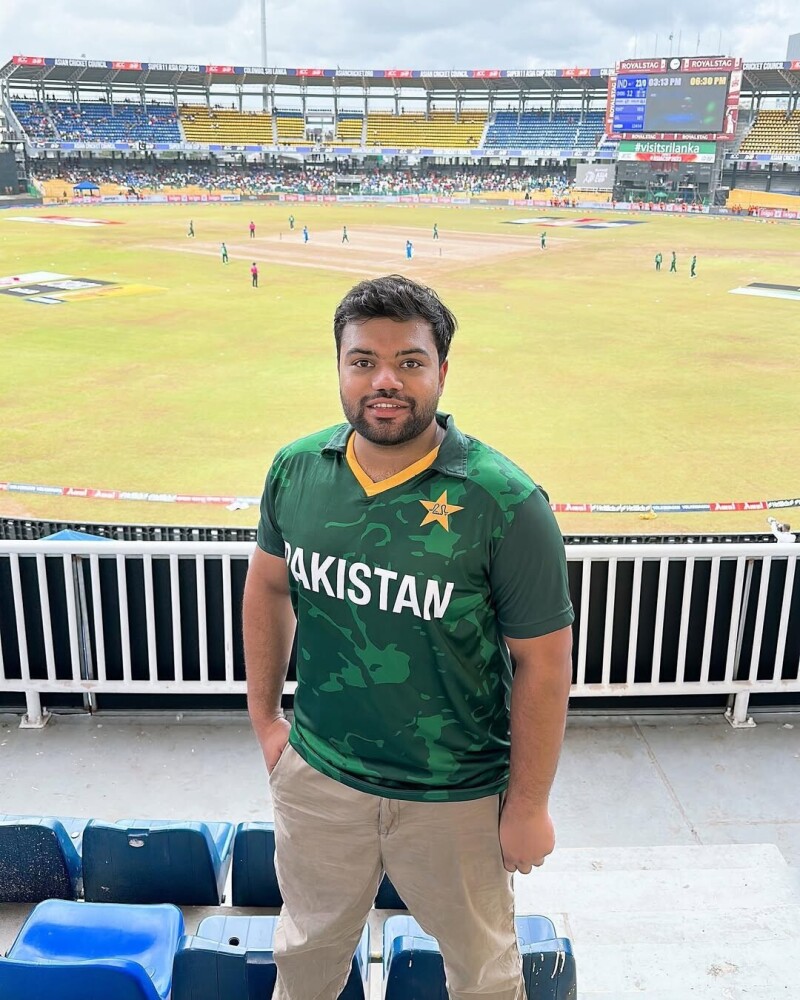

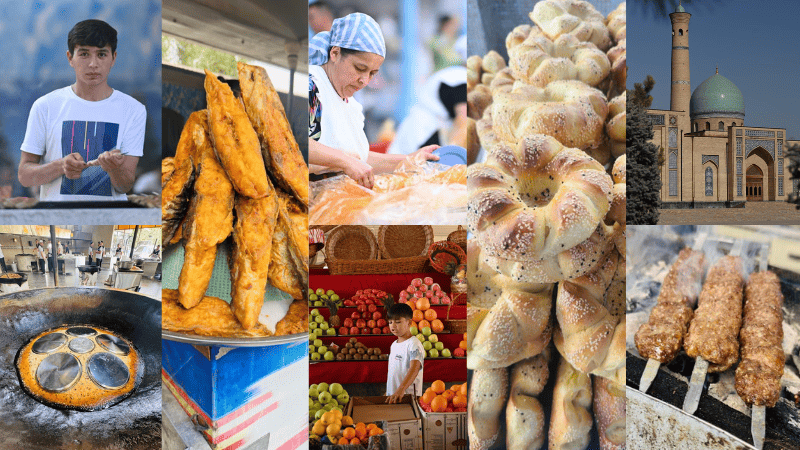

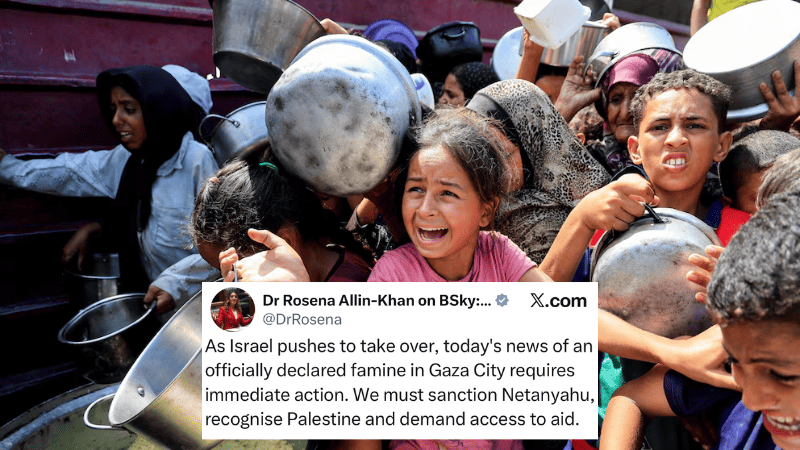
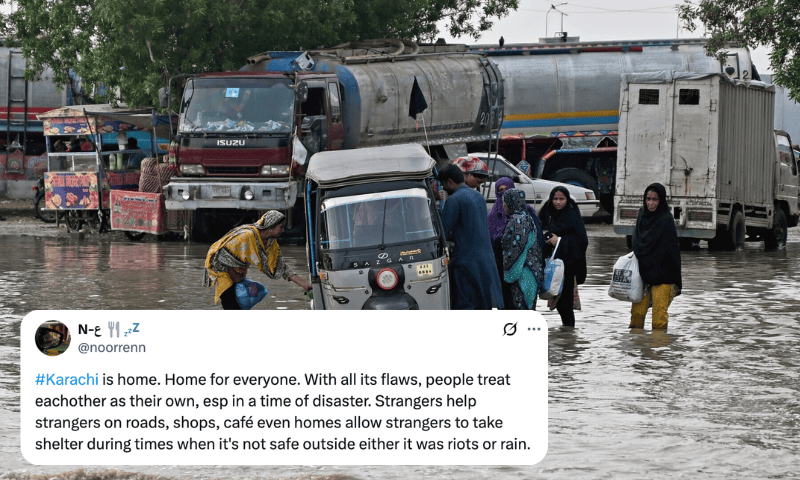
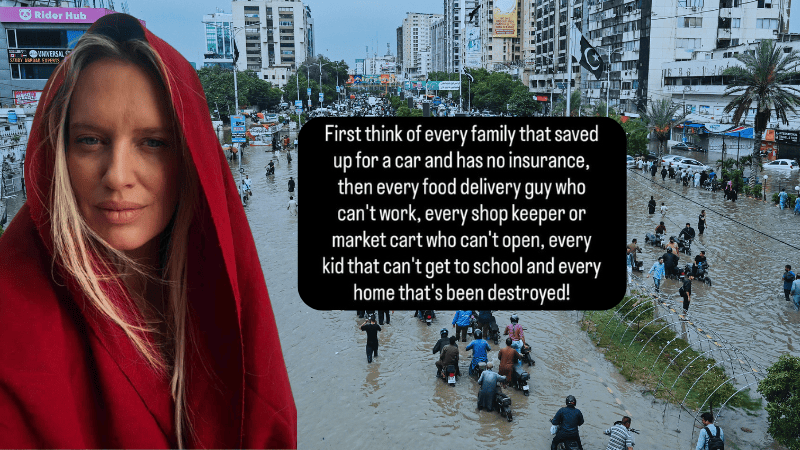


Comments